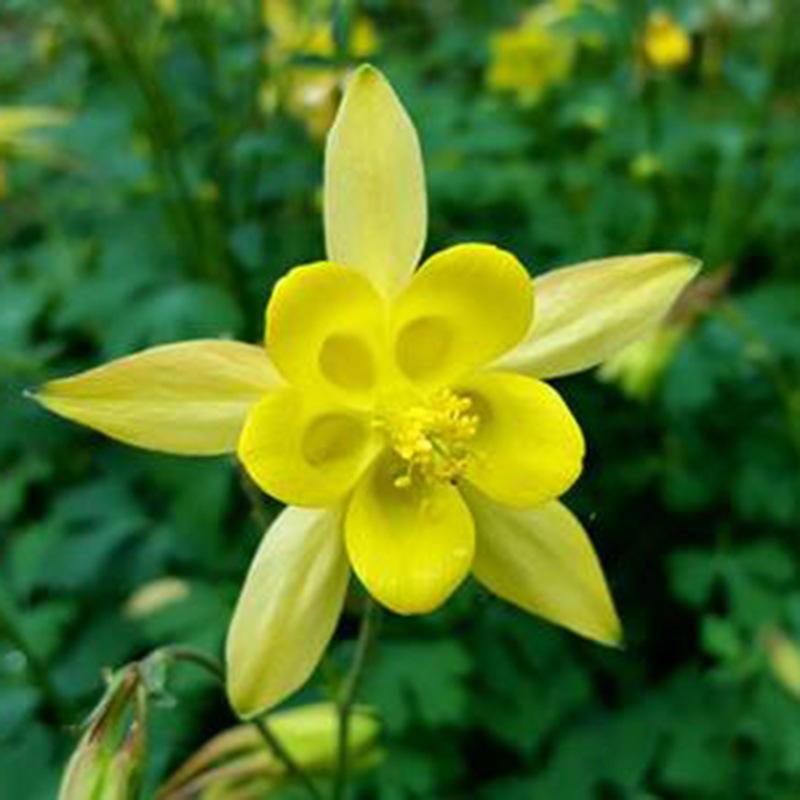Aristolochiaceae is a fascinating family of plants with an interesting story. These plants are known for their distinctive flowers and diverse medicinal properties. In traditional Chinese medicine, some species of Aristolochiaceae were used to treat various ailments such as arthritis and digestive disorders.
However, Aristolochiaceae also gained notoriety for their toxic compounds. One genus, Aristolochia, contains plants that produce aristolochic acid, a compound that can be highly toxic to humans. Interestingly, this compound was found to cause kidney damage and even cancer in certain cases.
Due to these toxic properties, Aristolochiaceae plants have both positive and negative associations in different cultures. They continue to be studied for their medicinal potential while also being handled with caution.
Picture
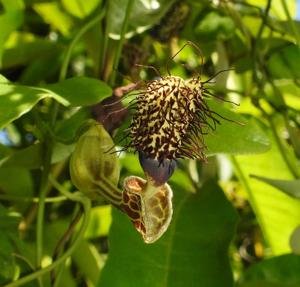
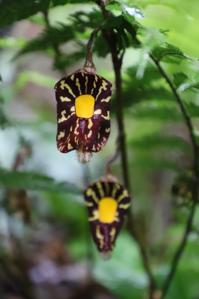
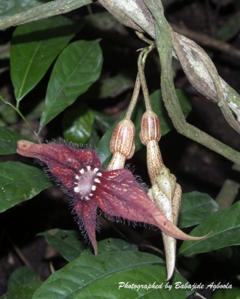
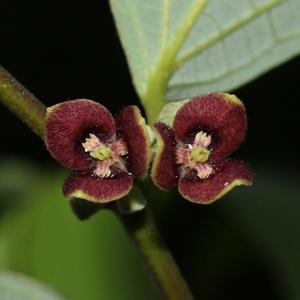
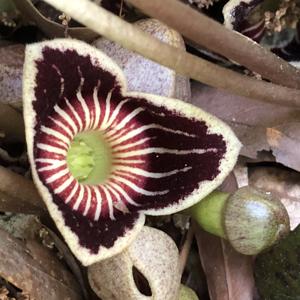
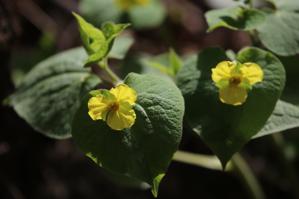
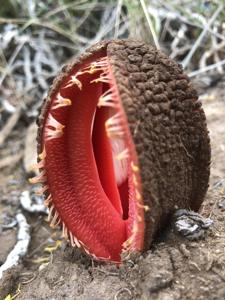
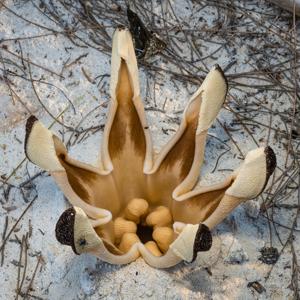
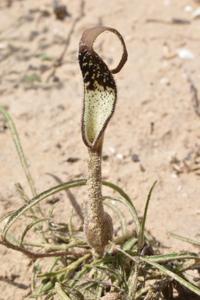
Plant some seeds now!
Short Description
The Aristolochiaceae (English: /əˌrɪstəˈloʊkiəsii/) are a family, the birthwort family, of flowering plants with seven genera and about 400 known species belonging to the order Piperales. The type genus is Aristolochia L.
Description
They are mostly perennial, herbaceous plants, shrubs, or lianas. The membranous, cordate simple leaves are spread out, growing alternately along the stem on leaf stalks. The margins are commonly entire. No stipules are present. The bizarre flowers are large to medium-sized, growing in the leaf axils. They are bilaterally or radially symmetrical.

